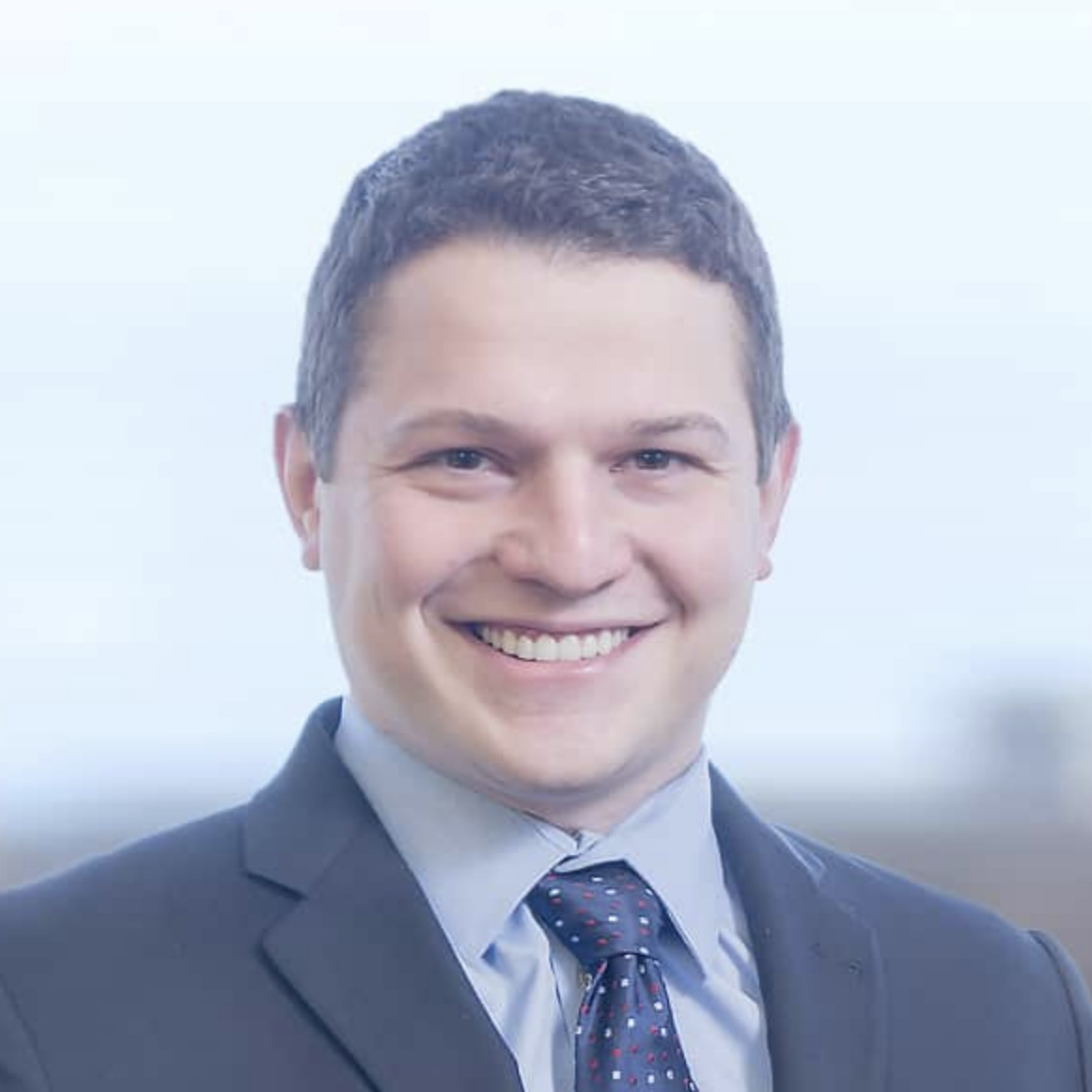Eli Mazour is Of Counsel at Foley & Lardner, where the most patent-savvy in-house counsel and business executives turn to him for strategic guidance and solutions to their most complex and high-stakes patent challenges. With deep insight into the patent system, emerging trends, and an unwavering commitment to client success, Eli helps companies leverage IP to meet business objectives.
“[Eli] is the best at taking care of our portfolio and strategy” – a longtime client that has successfully enforced patents across the globe.
Eli currently focuses on:
- IP transactions & deals – structuring, drafting, and negotiating critical patent-related deals
- Patent eligibility – avoiding and overcoming §101 issues for software, AI, and fintech inventions to obtain patents efficiently and cost-effectively
- Global Portfolio Strategy – implementing best practices for building high-value international patent portfolios
- Developing corporate policies and policy positions related to IP
Eli also has extensive experience in obtaining license-ready, litigation-grade standard essential patents (SEPs) and preparing corresponding claim charts for licensing negotiations for one of the world’s leading developers of connectivity technology. He was the go-to attorney for the head of that company’s cellular patent development team.
Known for data-driven, innovative prosecution strategies, Eli helps clients navigate the USPTO efficiently and secure strong patents. When necessary, he also leverages alternate USPTO channels to achieve results. His experience in licensing, enforcement, and opinion work gives him a unique, business-minded approach to prosecution and transactions, helping clients avoid pitfalls and grasp opportunities.
Eli’s passion for connecting with people led him to create Clause 8, a widely followed IP podcast featuring the most significant voices in the IP community. He is frequently sought out for insights on patent policy, legislative developments, and changes at the USPTO.

Recent Articles by Eli Mazour
In this special two-part episode of Clause 8, Eli delves into the creation, implementation, and strategic importance of Europe’s new Unified Patent Court (UPC) with UPC Judge Michael Fleuchaus and Dr. Benjamin Grau. Since the 1970s, European policy makers have dreamed of a common European patent court. That dream finally became a reality last year, in June of 2023, with the formation of the UPC. Most observers predicted that it would not only become the central court for patent enforcement in Europe but also the go-to destination for enforcing patents worldwide. Since its inception, prospective litigants have understandably wanted to learn as much as possible about how the UPC would operate in practice and whether the dream would match reality. Fortunately, Judge Fleuchaus – one of the early UPC appointees – and European patent attorney Dr. Grau joined Eli for this special two-part episode of the Clause 8 podcast to discuss the creation, implementation, and role of the UPC from the vantage point of its operation in the first year.
On this episode of the Clause 8 podcast, Patrick Kilbride and returning guest Brad Watts join Eli Mazour to talk about the U.S. Chamber’s new initiative, the current narrative on IP rights and the forces that shaped it, the themes of the IP Principles document, and what they hope to accomplish. They also discuss why the U.S. Chamber cares so much about IP issues, whether patents are underappreciated compared to other IP rights, and much more!
Innovators that invest in R&D are the driving force behind today’s rapidly evolving technological landscape. However, implementers that rely on – and as a result benefit from – those innovations to sell their own products and services aren’t usually eager to pay those innovators. But by paying the innovators, the implementers are actually helping make sure that the cycle of innovation continues. Matteo Sabattini, the new President and Chief Licensing Officer of Convida, joins Eli on this episode of the Clause 8 podcast to talk about this important dynamic.
In 1975, Ian Murgitroyd founded his own firm in Glasgow, Scotland after stumbling into the patent field. He could not have imagined that it would become one of the world’s biggest IP service providers, let alone that it would make history by being the first and only law firm to be listed on the London Stock Exchange or later be acquired by a private equity firm for £63 million.
What is a patent worth? What makes patents valuable? Patent practitioners, valuation experts, and academics spend a lot of time thinking about and debating these questions. But they rarely get fully tested. Most patents are never litigated or licensed. Settlement negotiations and licensing agreements are often driven by factors that aren’t related to the worth of any individual patent. The latest judicial decisions provide some hints at the answers to these questions, but also frequently lead to overreaction and confusion.


![[IPWatchdog Logo]](https://ipwatchdog.com/wp-content/themes/IPWatchdog%20-%202023/assets/images/temp/logo-small@2x.png)

